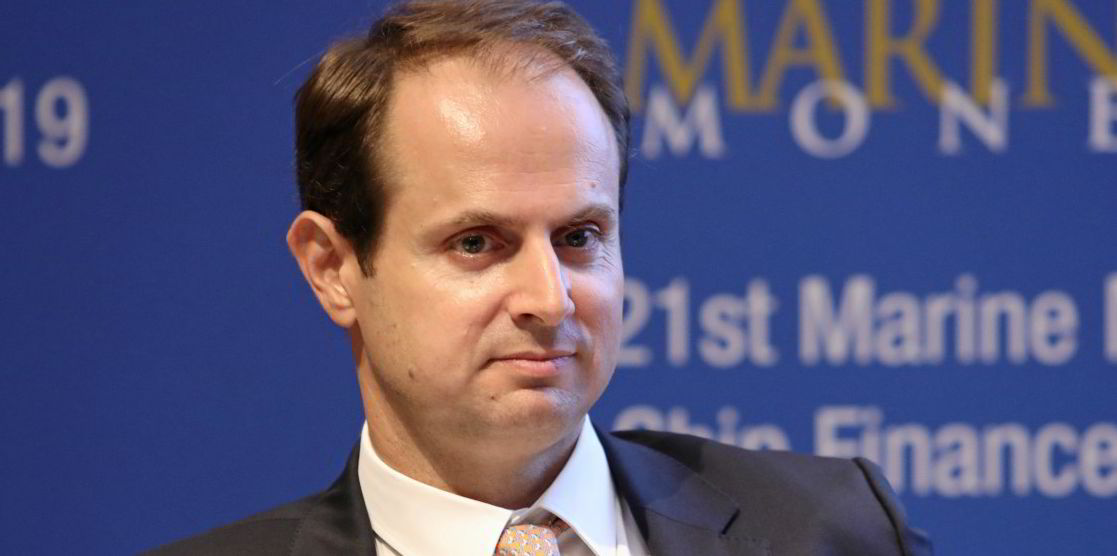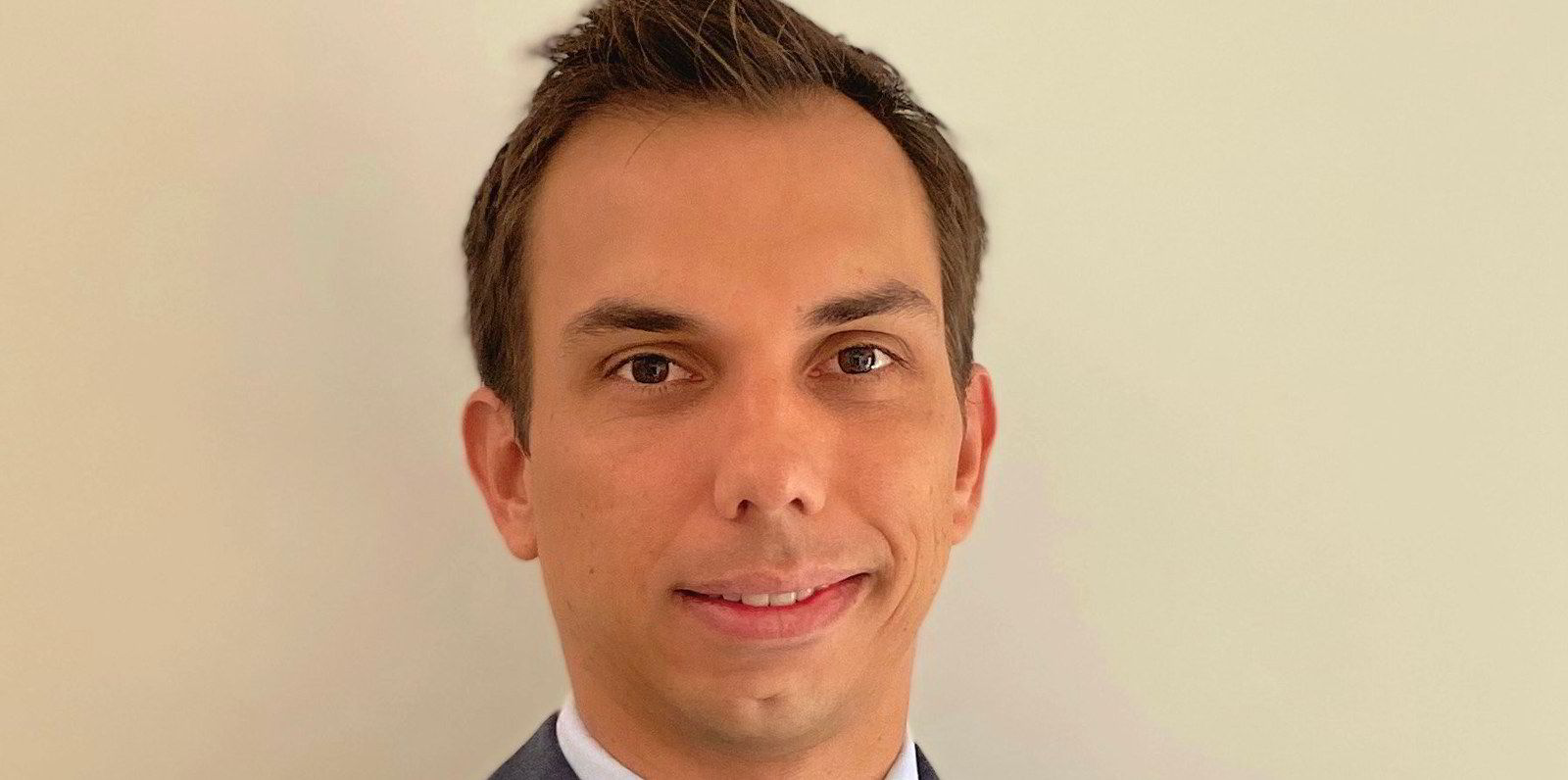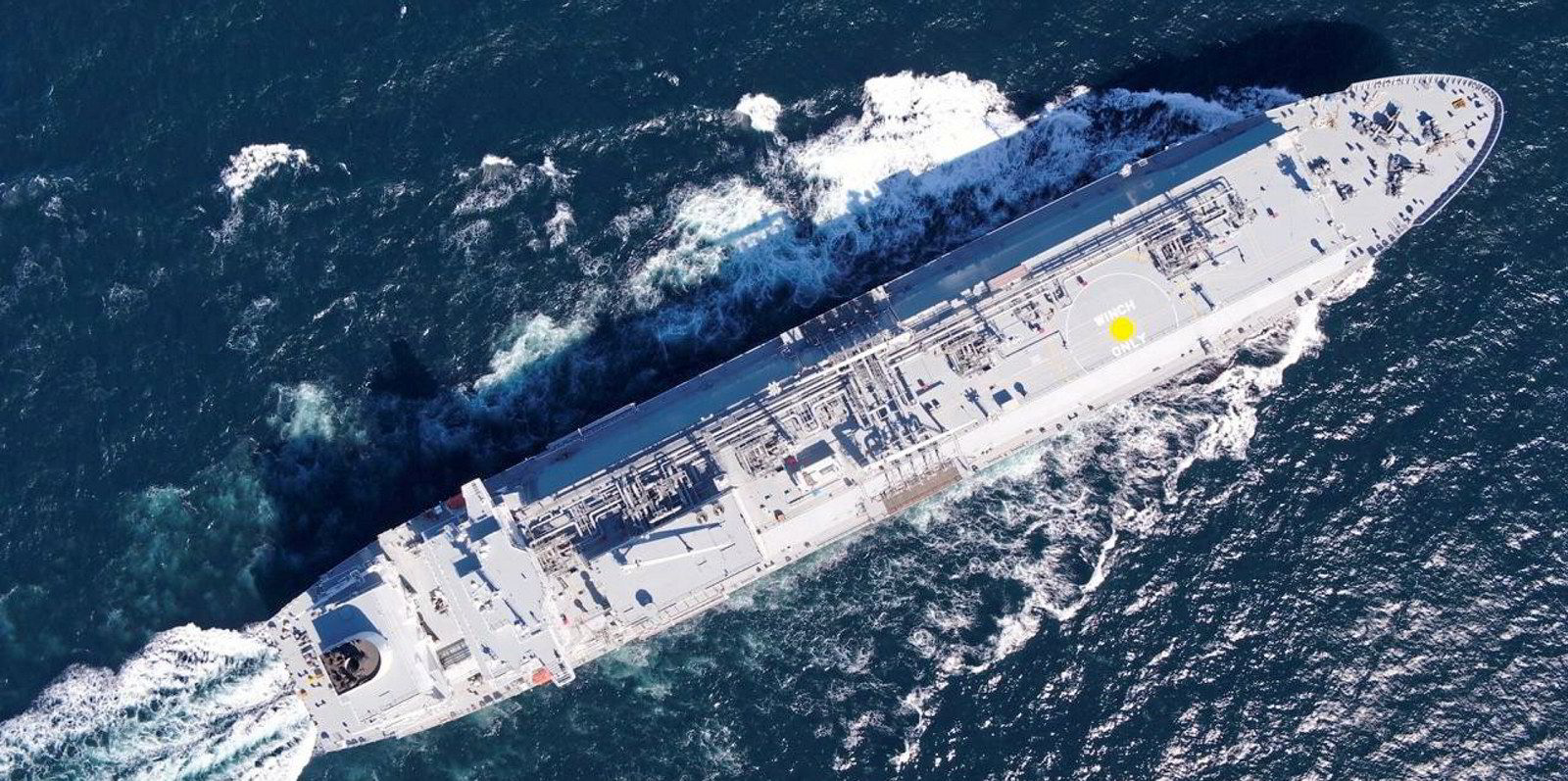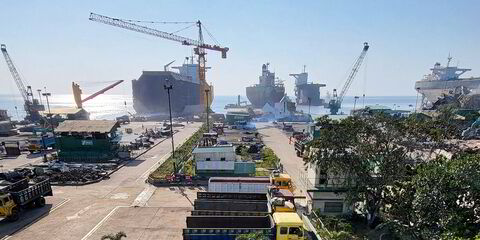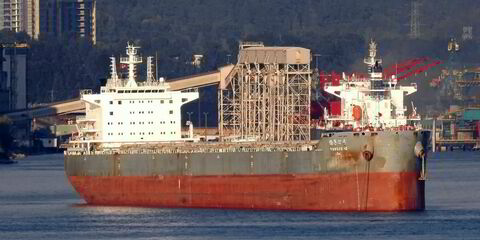Capital Product Partners (CPLP), a container ship company expanding with gusto in gas markets, reported a profit increase for 2022 — its first full year as an owner of six LNG carriers.
The US-listed master limited partnership’s net income rise to $125.4m from $98.2m in 2021.
According to an earnings release on Friday, net income for the fourth quarter of 2022 dropped by about half year on year to $21.1m.
Adjusting for a one-off item, however, net income rose by 10%. That item was a $21.4m gain from the sale in the final quarter of 2021 of the 9,288-teu Adonis (built 2015).
Selling vessels such as the Adonis has been part of CPLP’s strategy to dispose of older boxships amid record prices during the post-Covid boom for such vessels, while at the same time breaking into the market for LNG ships.
Alongside 14 large or midsize container ships, CPLP owns six LNG carriers delivered as newbuildings in 2020 and 2021.
“Our timely decision to divest from a number of container vessels at historically high prices, and our diversification into [LNG carriers] with long-term employment attached, demonstrate the attractiveness and efficiency of our business model throughout business cycles,” the partnership’s chief executive, Jerry Kalogiratos, said in the earnings release.
Income from LNG carriers was the main reason revenue jumped at an annual pace of 26% in the fourth quarter to $79.9m.
According to a corporate presentation on Friday, nearly two-thirds of CPLP’s contracted revenue of $1.93bn comes from its LNG assets.
The biggest contributor to the contracted revenue remained container liner Hapag-Lloyd (29%), closely followed by LNG players Cheniere (24%) and BP (21%).
No container ship panic
In a conference call with analysts, Kalogiratos described LNG carriers as the “low-hanging fruit” in terms of future profitability for his company and did not sound overly pessimistic about sagging container ship markets.
“This [container ship market] doesn't feel like a market that is going to crash below historical averages,” he said.
CPLP’s exposure to the falling boxship market is limited anyway; all but one of its container ships are on long-term charters expiring between 2025 and 2033.
Its only ship with a charter expiring sooner, in April this year, is the 9,288-teu Akadimos (built 2015), which is earning $35,000 per day with Ocean Network Express.
Expecting that fuel-efficient boxships like the Akadimos will remain in demand, Kalogiratos said CPLP should be able to re-employ it at a higher level than it is earning now — although for between one and three years rather than for five.
Steady dividend
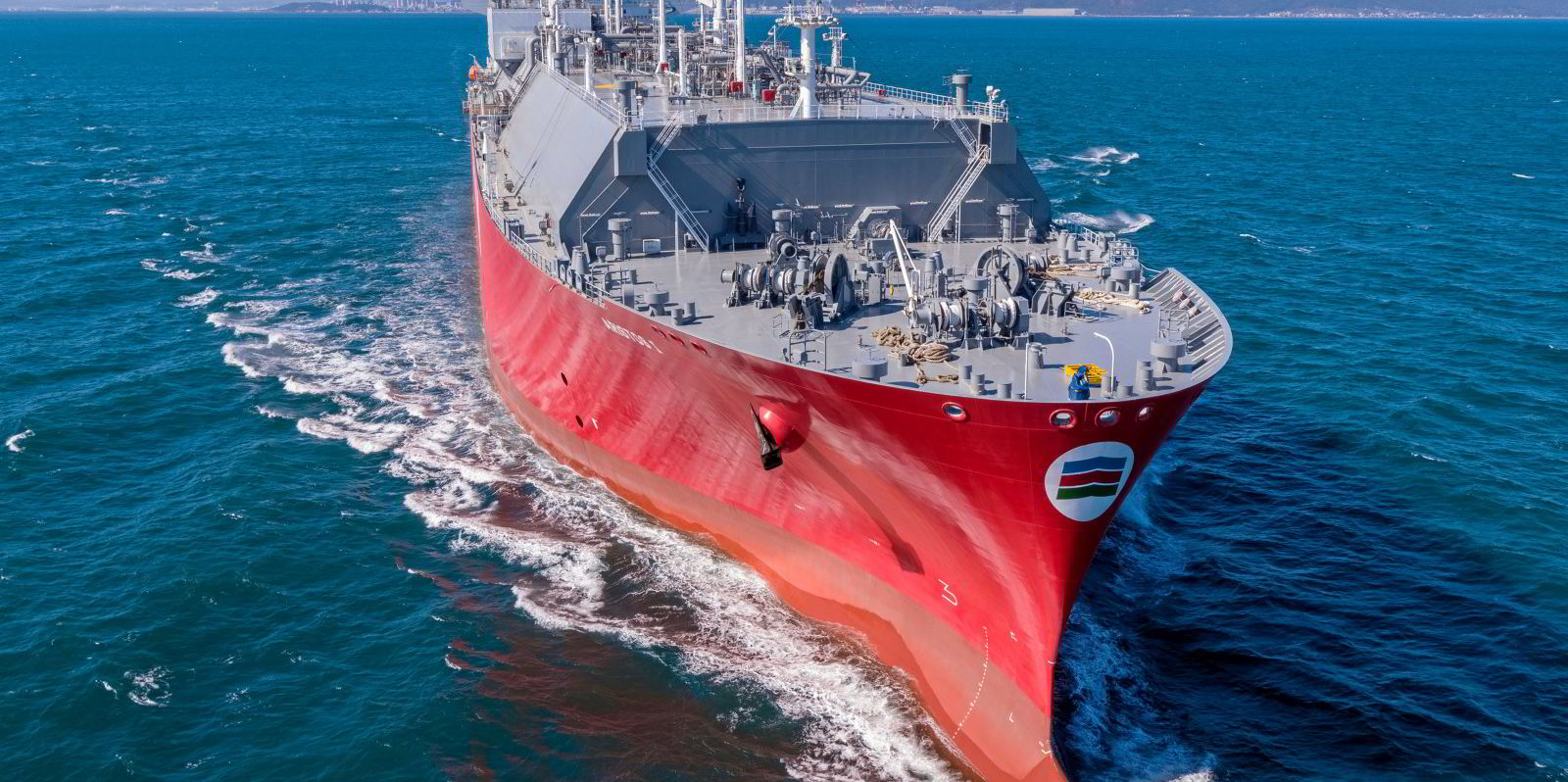
CPLP already announced on 26 January that it was maintaining its cash distribution at $0.15 per unit — the same level as in the previous four quarters.
On the same day, its board approved a new unit repurchase programme, authorising management to buy back within two years up to $30m worth of its common units.
As of last October, nearly 29% of the company was owned by the Marinakis family, including principal Evangelos Marinakis and his son Miltiadis.
In an annual filing from last year, Delaware-based Donald Smith & Co appeared to have a 7.5% stake.
CPLP’s fleet stands to grow further with two more newbuildings by June this year — the 13,278-teu Buenaventura Express and 174,000-cbm Asterix I (both built 2023).
Both vessels come with secured long-term employment attached — at least 10 years with Hapag-Lloyd for the Buenaventura Express and seven years with Hartree for the Asterix I.
Further expansion opportunities include a right of first offer on two LNG carriers built by private Marinakis interests — the 174,000-cbm Amore Mio I and Axios II (both built 2023).
In the more distant future, CPLP may pounce on seven more LNG vessels that his interests have commissioned at Hyundai Heavy Industries, with deliveries due between May 2024 and November 2026.
CPLP financed much of its LNG newbuilding programme through debt.
As a result, rising interest rates bit a little into earnings, with interest expense and finance costs jumping to $18.4m in the fourth quarter from $8.9m a year earlier.
